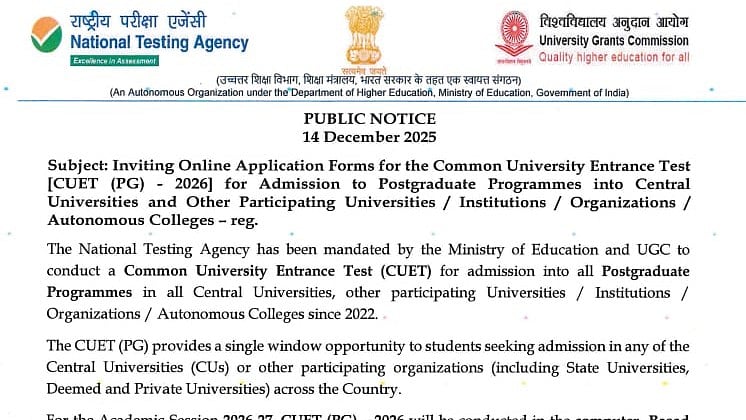We’ve all heard the phrase that ‘first impressions matter.’ When it comes to your international GMAT/GRE-based MBA application candidature, this impression is conveyed by your resume or as it is also commonly known, the CV (curriculum vitae). From a first impression right through to the final selection, the resume plays a crucial role. And it doesn’t get over with business school either. Whether you are applying for jobs after an engineering undergrad, a commerce college, or as a mid-career professional, a resume will always be the first step.
There is no dearth of format samples on the internet when it comes to resumes. Just do a Google search and see for yourself. Professional websites such as LinkedIn too can create a resume for you. You can find a sample resume on our website too. The format is the easiest part of it. What’s really important is what goes into the resume, the content. Let us delve into a few common questions that you are likely to face in developing a winning resume along with some top MBA resume tips.
How long should it be?
When it comes to an MBA resume, the near-universal rule is that the resume or CV should be no longer than 1 A4 size page. Most schools categorically specify this requirement. Even if some don’t stick to this rule. Of course, not all MBA programs are the same and not all applicants are either. There can always be some exceptions. For instance, if you have 10+ years of experience, it may mean some of the resume spills over to the next page.
This is also a general thumb-rule for job resumes. One page for every decade of experience. Once again, there can be exceptions to this. For instance, in the tech world, it might be important to list down all your credentials and detail your projects.
What kind of basic format should it have?
This is where a good template can be very helpful. Despite a template, we see so many candidates mess things up. A few common issues we’ve observed over the years that one should guard against when it comes to formatting.
Don’t write an essay in your resume. It should have well-defined bullet points. The font size should be no lesser than 10 and leave sufficient margins. When it comes to an MBA resume, avoid fancy templates with too many colours. Consistency is the keyword – font size, type, spacing, and date format should be the same across all sections of the resume. Use a good word processor and print a sample page/pdf to see how the resume looks before you send it out to the world!
What kind of language style is preferred?
A few things work when it comes to the style. Keep the style formal and use simple English, starting each bullet preferably with an action verb such as – collaborated, managed, led, achieved, delivered, etc.
Even if your job is highly technical in nature, remember, your MBA admissions committee is likely to have no clue or understanding of it. This means that you should ‘dumb down’ your industry-specific tech jargon and use the English language. Think about your work from an outsider’s perspective and present it in a way that a layman can grasp it.

Manish Gupta
What are the most common sections one should have?
At a broad level, the resume should have 3 sections – Professional experience, Academic/Education, and Extracurricular. Let’s look at each of these in a bit more detail. As a general practice, resumes should follow reverse chronological order. Meaning, the latest information first. By this norm, if you are applying for your MBA, the latest event in your life is your professional experience and that’s what you start off with.
Mention your role, and dates, and have multiple bullet points for each role. Show career elevation through role changes, bring out achievements through quantified impact and any awards/recognition received. Sometimes, you can create a separate Achievements section for this. However, we recommend mentioning achievements in the respective work section to avoid confusion.
For the Academic section, when it comes to MBA resumes and most job resumes too, mention your coursework starting from undergrad. High school and earlier details are usually not relevant. You can also mention any professional courses (such as CFA, CA, PMP) here. A new trend is to also add online courses in this section. If you do so, make sure you don’t list too many of them.
Finally, do not forget the Extracurricular section which is critical for top MBA programs, as it can showcase your leadership and interpersonal skills outside work. This could be your hobbies, volunteer activities, and other non-work-related efforts.
Think about the resume in conjunction with the overall story you are presenting in your MBA application essays. Each bullet point should tell a mini-story of sorts with details of your work, teams managed/collaborated with, outcomes, and any achievements/rewards. Make them self-explanatory. With these suggestions, you will be well on your way to making your resume stand out.
The author is the Chief Consulting Officer at MBA Crystal Ball, an MBA Admissions and Career Counselling service provider.









